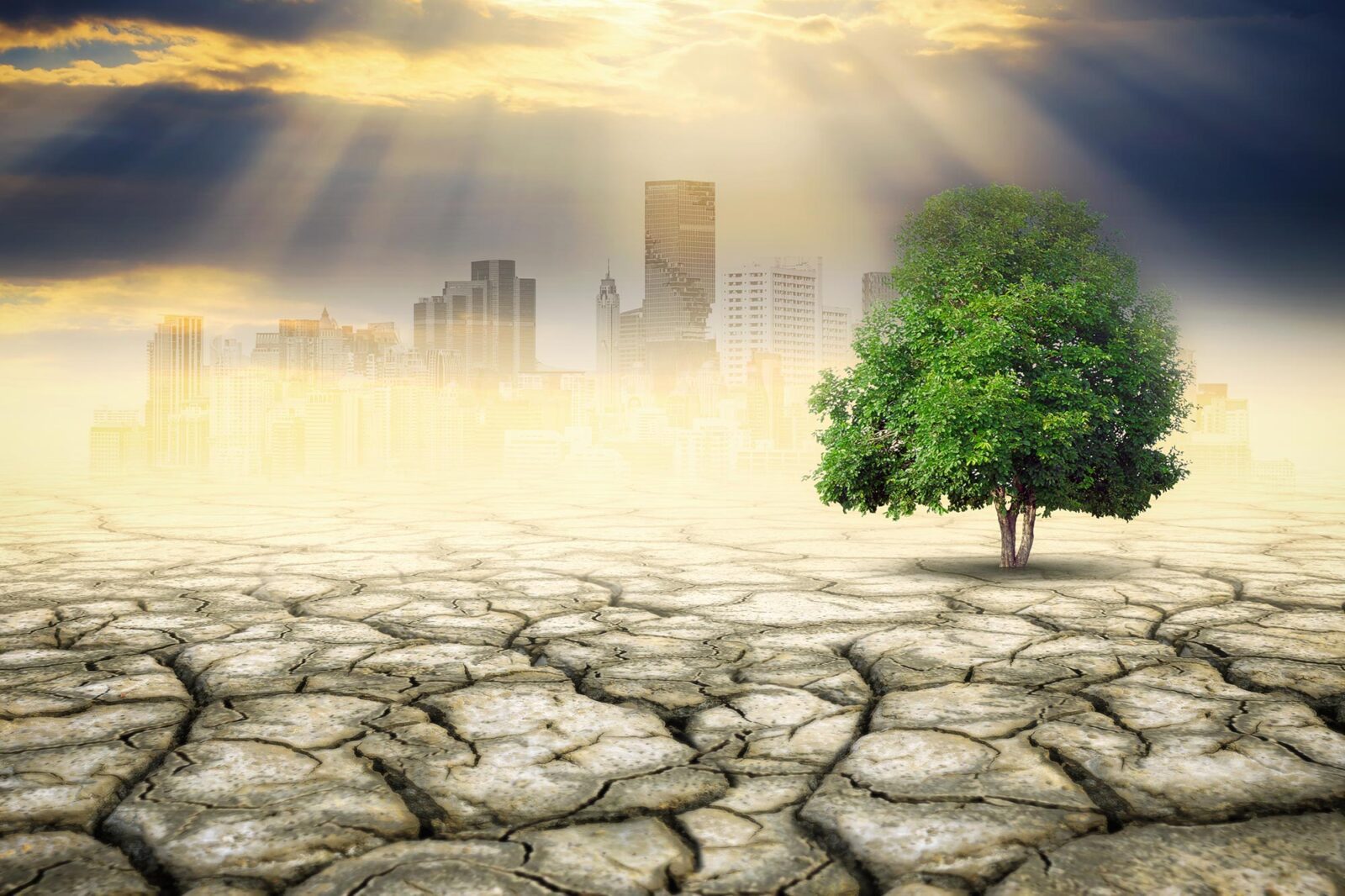Humanity must figure out the climate and nature crises together or solve neither of the two, a report from 50 of the world’s most reputable scientists says.
Global warming and the impact we have on wildlife is increasing damage on the world we live in, which we rely on for food, water, and breathable air.
Numerous human activities provoking the crises are the same, and the scientists claimed that multiple uses of nature as a solution was fundamental.
The impact on forests, peatlands, mangroves and various other ecosystems has massacred wildlife populations and produced vast amounts of carbon dioxide. Increasing temperatures and harsh weather are, in return, persistently affecting biodiversity.
However, restoring and helping nature helps with biodiversity and the ecosystems that may rapidly and cheaply absorb carbon again, the researchers believe.
Though that is also very important, the scientists focused on the fact that a rapid decrease in fossil fuel usage would also help end the climate emergency.
Also, they warned against particularly taking intense action on one crisis, as it would aggravate the other – Intensive tree plantations that store water but are wildlife deserts and more vulnerable to extreme weather are a primary concern.
Sveinung Rotevatn, Norway’s climate and environment minister, explained that he clearly sees that they can’t solve the global biodiversity and climate crises in isolation.
The peer-reviewed report was made by the world’s most reputable biodiversity and climate experts.
Alex David Rogers, a professor of the conservation group REV Ocean and the Univesity of Oxford, said that it is alarming to analyze the impacts over the past few years.
“Between 1970 and 2000, mangrove forests have lost about 40% of their cover and salt marshes an estimated 60%. We’ve also lost half of coral cover since Victorian times,” he added.













Leave a Reply